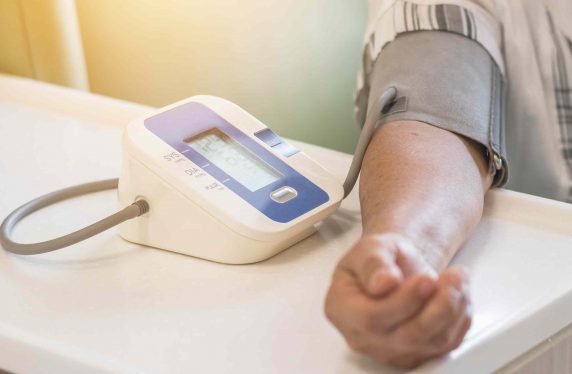The guideline
NICE has released new guidance on managing hypertension in adults, replacing the 2011 update, including controversial changes to the thresholds for considering hypertension treatment in patients with a history of heart disease.
Key points for GPs
- Offer ambulatory blood pressure monitoring to confirm a diagnosis of hypertension in patients with a clinic blood pressure of between 140/90mmHg and 180/120mmHg.
- Consider antihypertensive drug treatment in patients under 60 with stage one hypertension and an estimated 10-year CVD risk of 10% or greater.
- Discuss individual CVD risk with each patient and their personal preferences for treatment, explaining the risks and benefits before starting an antihypertensive.
- Offer an antihypertensive to adults of any age with persistent stage two hypertension.
- Consider antihypertensive drug treatment in addition to lifestyle advice for people aged over 80 with a clinic blood pressure of over 150/90mmHg – use clinical judgment if there is frailty or multimorbidity.
- In patients under 80, reduce clinic blood pressure to 140/90mmHg or below and maintain at that level.
Practical issues
Lowering the threshold for antihypertensive treatment in under-60s from a 10-year CVD risk of 20% to 10% means that more patients will become eligible for treatment and will need consultations. NICE says this will have a ‘significant impact’ on GP time.
Expert comment
Dr Alan Begg, GPSI in cardiology in Montrose, Scotland, said: ‘There is little doubt that lowering raised blood pressure, even at lower levels of global risk, will improve cardiovascular outcomes. It is right that the decision is taken after full discussion of risks and benefits. We know incentivised care does work but quality indicators must be based on national guidelines – this is why this new guideline is so important.’
The guideline
NICE. NG136 Hypertension in adults: diagnosis and management. London, NICE, 2019
Pulse October survey
Take our July 2025 survey to potentially win £1.000 worth of tokens














